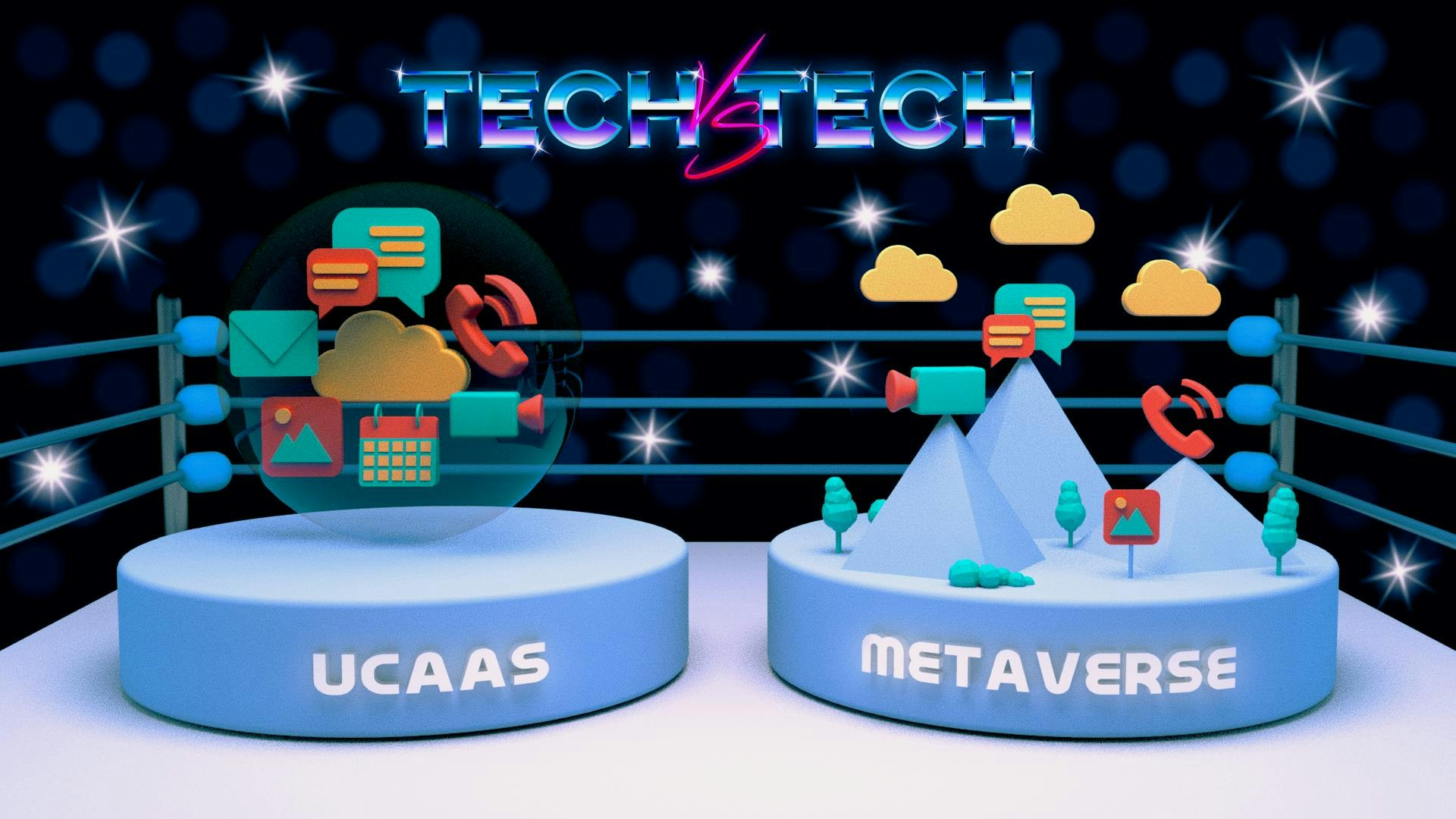Category:
Topic:
02/03
Sophisticated technology analysis made easy
The global data analytics platform for policy makers, investors and corporations financing emerging technology.
03/03
Get in touch
Connect with us in your preferred channel.
Category:
Topic:
02/03
Sophisticated technology analysis made easy
The global data analytics platform for policy makers, investors and corporations financing emerging technology.
03/03
Connect with us in your preferred channel.

NFTs reinterpret what it means to possess something of value. But it also marks an ideological shift away from an “open and free web.”

There are fundamental differences between the computer you are using now and QC, mainly regarding information storage and calculation methods.

The concept of AI-enabled emotion recognition, philosophically in the same vein as predictive policing, aligns with the longstanding CCP principle that thoughts and feelings can be corrected, rendering problematic behaviour impossible to carry out.

Digital twins—virtual representations of physical objects—help monitor physical systems in real-time. But AI-powered human digital twins could become a proxy for actually existing agents ... including not only physical people, but approximations of their thoughts and feelings.

Are current productivity apps enough to foster virtual collaboration and provide a healthy remote work environment? This week’s Tech vs. Tech is between the concept of unified communications ... and the Metaverse.

When the privacy partition is breached, the value and vulnerability of our data is immediately crystallised in our understanding. These powers—data, access, privacy, and rights—hold sway in our day-to-day lives. The HBO Max Original miniseries Made for Love foreshadows these unspooling virtual worlds we passively cultivate.

The following insights are powered by L'Atelier's technology intelligence engine, which analyses BCI trends across multiple data sources.

Virtual influencers, a new generation of “virtual celebrities,” are challenging our perception of fame, influence, and the ethics of manufacturing drama.
A tension exists between creativity and control, and it defines the relationship between users of digital technologies and the organisations that produce and manage them. This tension plays out on a variety of scales.